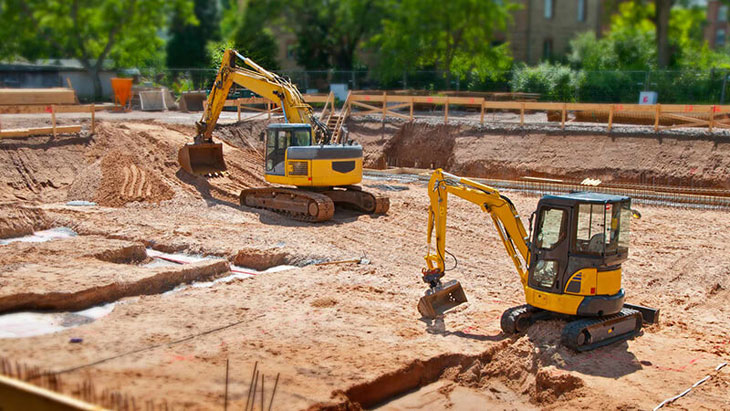
Introduction
Site preparation contractors play a pivotal role in the initial phases of construction projects, laying the groundwork for successful development. Understanding their significance involves delving into their skills, duties, challenges, and environmental considerations to get consider 503 Excavation.
Skills and Qualifications
Technical Expertise
In the realm of site preparation, technical proficiency reigns supreme. Contractors must possess a deep understanding of excavation techniques, encompassing everything from traditional digging methods to advanced technologies like 503 Excavation. Mastery of equipment operation is paramount, as the efficient use of machinery can significantly impact project timelines and costs. Equally crucial is adherence to safety regulations, ensuring a secure work environment for all involved.
Project Management Skills
Beyond technical prowess, site preparation contractors must excel in project management. This entails meticulous planning and scheduling to orchestrate various tasks seamlessly. Effective communication with stakeholders, including clients, engineers, and regulatory bodies, is essential for project cohesion. Moreover, adept problem-solving abilities are indispensable when navigating unforeseen challenges that may arise during site preparation.
Environmental Awareness
Site preparation intersects with environmental concerns, demanding contractors to be environmentally conscious. Understanding soil composition is fundamental, as it influences excavation techniques and site stability. Implementing erosion control measures is critical to prevent soil degradation and water pollution. Furthermore, compliance with environmental regulations ensures that projects are conducted responsibly, minimizing ecological impact.
Duties and Responsibilities
Site Assessment and Analysis
Before excavation commences, thorough site assessment and analysis are imperative. This involves surveying and mapping the terrain to identify potential obstacles and risks. Additionally, soil testing and analysis provide vital insights into soil composition and stability, informing subsequent excavation and grading procedures.
Excavation and Grading
Excavation and grading constitute the core activities of site preparation. Clearing vegetation and debris from the site creates a blank canvas for construction. Earthmoving and leveling operations sculpt the terrain according to project specifications, laying the foundation for infrastructure. Installation of drainage systems is essential to manage water runoff effectively and prevent flooding.
Site Remediation and Restoration
Site preparation extends beyond initial groundwork to include remediation and restoration efforts. Soil stabilization techniques ensure the long-term integrity of the site, minimizing erosion and settling. Re-vegetation and landscaping initiatives enhance the site’s aesthetics and ecological value. Final inspection and documentation mark the culmination of the contractor’s responsibilities, certifying that the site is primed for further development.
Challenges and Considerations
Environmental Factors
Environmental considerations pose significant challenges for site preparation contractors. Preserving natural habitats and ecosystems requires careful planning and execution to minimize disruption. Mitigating soil erosion is paramount, necessitating the implementation of erosion control measures such as vegetation barriers and retaining structures. Managing water runoff is also crucial to prevent soil contamination and water pollution.
Regulatory Compliance
Navigating regulatory frameworks is a constant concern for site preparation contractors. Obtaining permits and licenses necessitates adherence to stringent requirements imposed by governmental agencies. Compliance with zoning regulations ensures that projects align with land use policies and regulations. Moreover, maintaining health and safety standards is non-negotiable, safeguarding both workers and the surrounding community.
Project Constraints
Site preparation projects are often subject to various constraints that can impede progress. Time and budget limitations impose pressure to deliver results efficiently and cost-effectively. Unforeseen site conditions, such as the discovery of buried utilities or hazardous materials, require adaptive strategies to mitigate risks effectively. Coordination with other contractors and stakeholders is essential to synchronize efforts and minimize conflicts.
Conclusion
Site preparation contractors are indispensable contributors to the construction industry, laying the groundwork for successful development projects. Their diverse skill set, encompassing technical expertise, project management acumen, and environmental awareness, ensures the smooth execution of site preparation activities. Despite facing numerous challenges and considerations, these contractors continue to play a vital role in shaping the built environment, emphasizing the importance of their contributions in sustainable development efforts.


